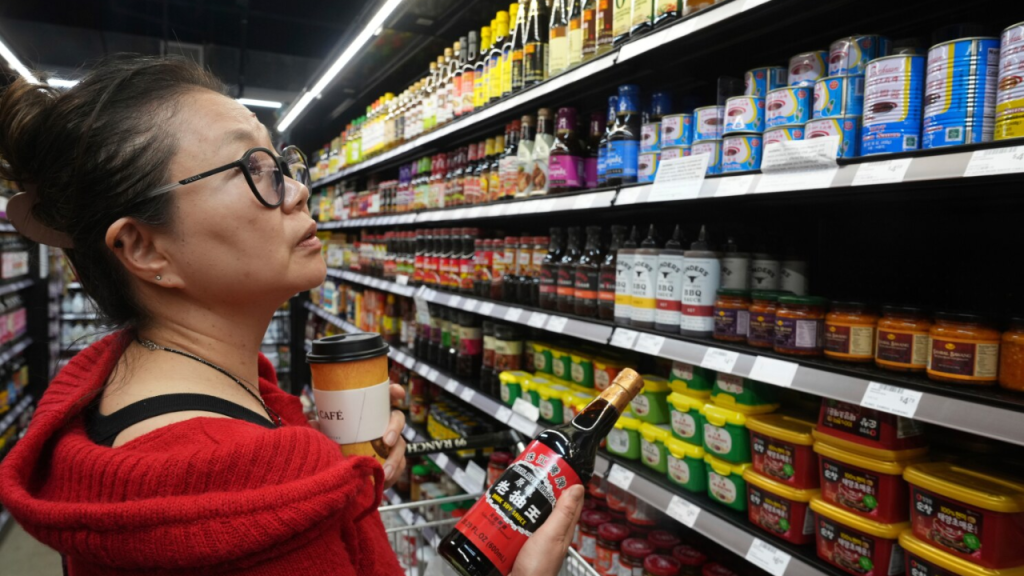
Like many Asian supermarkets across the country, New Asian Market in West Allis, a suburb of Milwaukee, is feeling the strain of steep tariffs on Chinese imports.
“We’ve had to stop ordering certain items because the prices have skyrocketed,” said Shen Xin Yu, who runs the store alongside his parents. “To stay profitable, we’ve had to raise prices even more—but eventually, it just doesn’t make sense to stock some of them.”
Yu explained that stocking decisions now revolve around affordability, which often means losing customer favorites.
“Just the other day, a customer asked for a specific brand of curry sauce we used to carry.
But we can’t get it anymore—the price is just too high,” he said. “Some customers drive half an hour just to buy certain products, and now I have to explain why they’re not available.”
He added that older customers are especially affected. Many of them rely on New Asian Market to find the traditional products they’ve used for a lifetime.
“It’s a difficult adjustment, especially for the older generation, which makes up most of our customer base,” Yu said. “We try to find cheaper alternatives, but I can’t guarantee they match the quality of the original products people want.”
As trade restrictions on Chinese imports tighten, Yu and his family, along with many other Asian grocery store and restaurant owners, are bracing for continued challenges.
“If things don’t improve soon, prices will keep rising, and we may be forced to stop carrying even more items,” Yu said.
